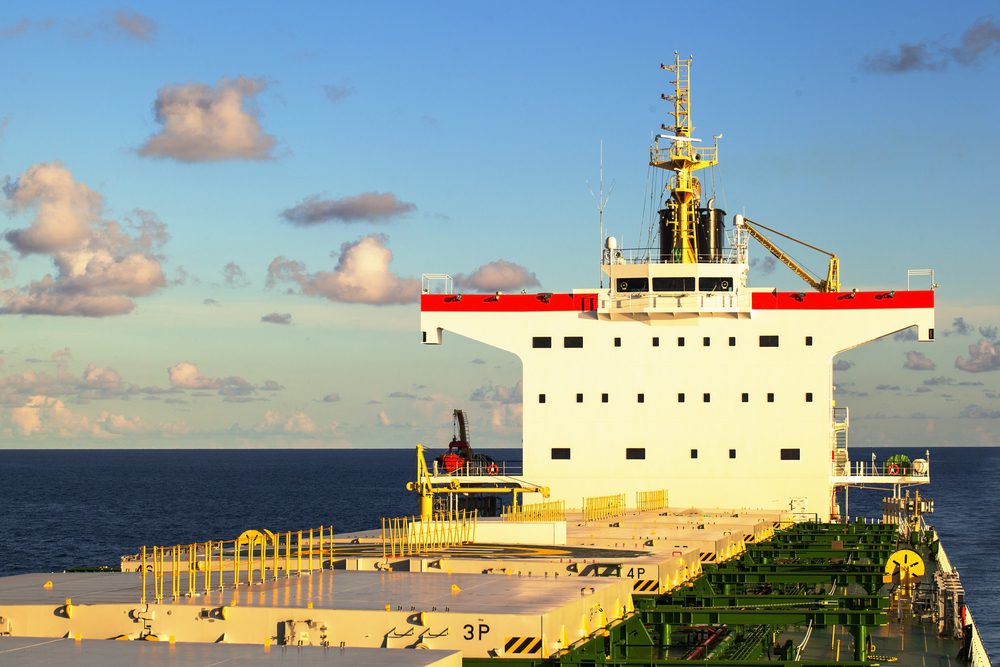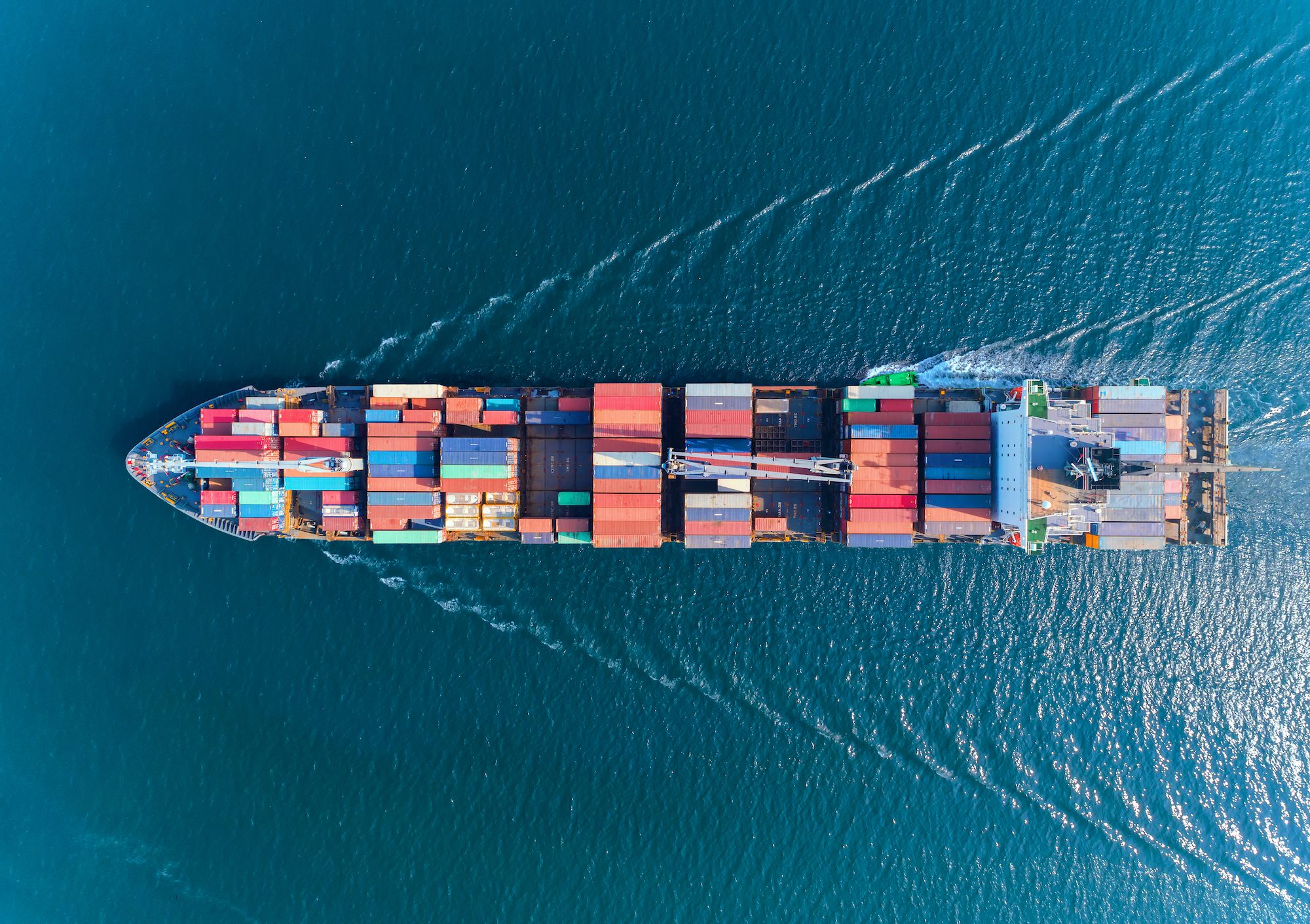In Greek mythology, Poseidon was the god of the waters and oceans, and bearing a trident, he was riding imperially in a sea-chariot or playfully accosted by dolphins about his realm. He was the one to grant calm seas and safe passage to ships, but his menace could also bring turbulent seas and shipwrecks; when the ancient city of Athens was looking for a guardian god, Poseidon thrusted his trident against the sun-baked rock of the Acropolis and water sprang from the rock; the Athenians opted for the more intellectual and diplomatic olive branch of goddess Athena to take them to the future. Given the events in Greece the last few years, and especially the recent developments, one is justified to wonder whether goddess Athena has been expending any of her divine powers at all at guiding her name-sake and capital city of Greece. Most of the news coming out of Greece have been turbulent for some time now, as if Poseidon’s nasty moods produce choppy waters that can shake even a supertanker.
Since shipping is one of the handful of strategic industries in Greece, many people in shipping wonder how the industry will react, act or even evolve going forward. According to a 2013 study by The Boston Consulting Group, the Greek shipping cluster contributed €13.5 billion to the Greek economy and generated approximately 165,000 jobs in 2010; it is estimated that shipping represents more than 7% of the Greek economy nowadays. The statistics are a bit disheartening since, according to the same study, Greek shipowners control close to 4,000 commercial ships worldwide, representing close to 20% of the world’s commercial fleet; one would been tempted to think that 20% of the world’s fleet would have a greater output than €13.5 billion and 165,000 jobs.
However, shipping is an international industry, taking place well beyond national borders; inputs, outputs and repercussions can barely be contained or isolated.
Several Greek shipping companies are traded in the US, and more than an occasion, there is the perceived association that sovereign developments in Greece are impacting the business model and operations of the Greek owners; given that major functions of shipping take place internationally (i.e. international charterers, international banks and financing, etc) and all those transactions are priced in US$, frankly, any direct association between sovereign risk and company stock price should be rather loose. One cannot ignore the fact that many of these companies have become penny-stocks today and that they have shown dramatic drops in share pricing, but again, the BDI has been struggling to pull ahead from a three-decade low. One could also add ‘irrational exuberance’ in previous deal making, concerns for corporate governance and transparency, etc for poor stock performance, but again, any link with the present events in Greece is weak.
The Greek banks have been closed since June 29th and ‘agw, ucae’ as we say in shipping (‘all going well, unforeseen circumstances always excepted’) are scheduled to open again on July 20th; the direct impact to the Greek economy has been devastating in terms of economic activity, in terms of curtailing growth points from the GDP given peak tourist season, in terms of social stability and insecurity (many old people made recall their painful youth experiences of WWI, WWII and the junta), but mostly, the closing of the banks and capital controls will affect Greece’s sovereign credit and ability to borrow competitively in the international markets for many decades to come; closing of banks and capital controls is one of those events when the mirror breaks and cannot be returned to the previous condition, no matter of how much glue and good will and effort and remorse one is prepared to expense. Again, the direct and immediate impact from the Greek banks and their closing to shipping is small, as many people (especially the wealthy, mobile and educated, etc) had seen the writing on the wall and had moved deposits and operating accounts with international banks, and mostly, with international banks and the accounts based abroad. Local ashore personnel has been affected as they cannot withdraw full amounts of their paycheck from local ATMs, but otherwise, the operating accounts and deposits are safely abroad, in US$, and mostly, immune to any haircut that may be imposed to local deposits. Most of mortgages of Greek owners are primarily with international banks, thus no direct lending or FX impact. There are four systemic local banks in Greece at present (Piraeus Bank, Alpha Bank, National Bank of Greece (‘NBG’) and Eurobank Ergasias) and it’s estimated that they hold approximately $15 billion shipping loans (out of a total international market of $420 billion). All in all, a small share of the total pie that can have minimal effect on the overall shipping market; likely local banking to be of greater impact for shipowners operating in the cabotage ferry industry serving the Greek Islands, but nothing to worry about for the international investors in the Greek shipping companies.
However, going forward, the Greek shipping bank market will never be the same; most importantly there will be no market since the banks are and will be unable to raise capital, attract deposits and lend. One step further, in the current spiral of negotiations between Greece and their international creditors, Greek bank recapitalization will be the next big battleground; this recapitalization likely will not be limited to a new round of capital injection from international investors, but it may very well be the experimental first step of European banking integration; Greece’s creditors allowed €25 billion for Greek banks this past week, which will be provided through the European Stability Mechanism, and as such, it would have to arrange for a ‘bad bank’ to absorb toxic assets, recapitalize and inject capital to the good portion of the banks, but with shifting control of the banks to Europe. Thus, for any owners who were betting on Greek banks and ‘relationship banking’ to obtain shipping loans, the probability would be thinner that sails will be back in fashion for commercial ships. For the owners with mortgages with Greek banks, they better be current and in full compliance with all covenants.
Under the current negotiations with international creditors, the Greek government have been pushed to reconsider taxation for Greek shipowners; this is clearly a heavily politically charged and sensitive topic with good arguments from both sides of the aisle, creation of jobs and all. The Law 89/67 which exempts all income derived from shipping activities in Greece has been the red flag (or a ‘red line’ as the present Greece government with its curiously curvaceous appetite for lines might had wished to say). On the other hand, as stated earlier, 20% of the world’s commercial fleet contributing €13.5 billion to the Greek economy flags that something is fanky with the numbers. Most of shipping internationally is taxed based on the ‘tonnage tax’ (how big is a ship) and not on income (how much money the ship makes), and the Greek tonnage tax system, despite the Law 89/67, is nothing exorbitantly unusual. Shipping is one of the few industries that internationally has managed to outsmart the taxman, and the Greeks are not better than any other nations at that. However, given that a crisis is a terrible thing to waste, as they say, and that Greece is under the pressure of the creditors to act, probably it may be high time to develop a well-thought-out strategy on how Piraeus and the Greek shipping can become the tip of Poseidon’s trident to lead Greece out of the present shipping crisis. There is tremendous know-how and skilled force in shipping in Greece, the weather and the sea are evocatively alluring for the industry, cost is relatively manageable, and likely no many Greek shipowners really mean to leave Greece for tax purposes alone. It’s not nationalism that keeps them anchored in Greece and neither the desire to pay fewer taxes will prompt them to set sails for other jurisdictions. Probably that ‘vision thing’ maybe a good point to start when dealing with the present situation.
Fleet Street is associated with publishing, Fifth Avenue with high-end shipping, Madison Avenue with marketing, and Akti Miaouli (literally, Miaouli’s coastal road, Miaoulis being an admiral and hero in the Greek war of Independence against the Ottoman Empire) is associated with shipping. It’s a street where many shipping fortunes were created, a cluster where each floor of every building had housed another shipping company, and I have met seafarers internationally imagining Akti Miaouli as a gold-plated road…. For those who have been recently to Akti Miaouli, reality could not have been any further from inspiration (as the City of Piraeus has failed to keep up with technology and infrastructure, most shipping companies have left from Akti Miaouli which presently resembles a typical downtown street in America in the last decade). It’s not a tax issue, it’s a sovereign crisis.
Maybe this crisis will not go to waste…maybe Athena with her intellectual and diplomatic skill and Poseidon with his skill to tame unruly waves and steer ships to long voyages can bring the shipping industry to be what it deserves with its standing in the world and with its standing in the Greek society and economy.
Maybe. Or, maybe not.
Basil Karatzas is the founder and CEO of Karatzas Marine Advisors & Co. a shipping finance advisory and ship brokerage firm based in Manhattan, New York. He can be reached at [email protected], or via LinkedIn.

 Join The Club
Join The Club











